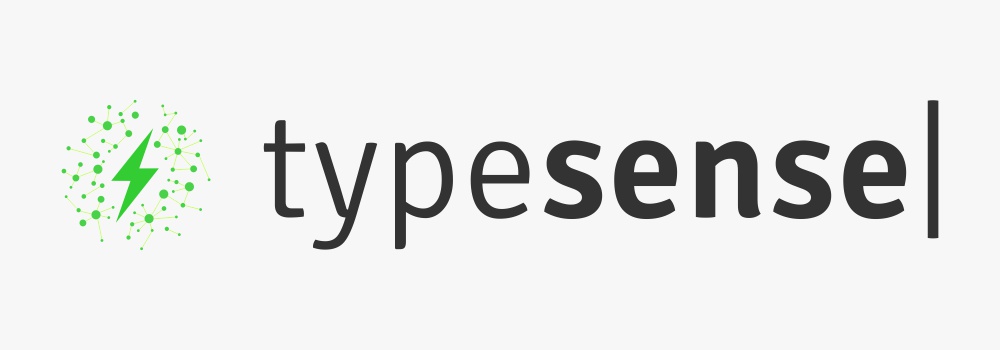Most people rely on Google or Bing without thinking twice. But for developers, researchers, and privacy advocates, depending on corporate search engines can feel limiting, or even risky.
If you want complete control over how web searches are handled, logged (or not), and presented, self-hosted search engines are the way to go. These open-source projects let you run your own search engine on a server you manage, giving you full authority over privacy, features, and even the search index itself.
Here are 5 of the best self-hosted search engines available today. Read more about: The 14 Best Web Search Engines and 7 Search Engines You’ve Probably Never Used
1. SearxNG

The best-known open-source metasearch engine
SearxNG is a modern fork of Searx, one of the most trusted privacy-first search engines. It doesn’t crawl the web itself, instead, it pulls results from over 70 public sources (Google, Bing, Wikipedia, StackExchange, etc.), all without tracking you.
Features:
- Easy to self-host on Linux servers
- Highly customizable UI
- JSON API available
- Add/remove search engines as you like
- Zero tracking or data retention
Best for: Developers and tech-savvy users who want total control over where results come from.
2. YaCy

Decentralized search powered by a P2P network
YaCy takes things one step further. Instead of relying on central servers, it’s a peer-to-peer search engine, each user contributes to a shared global index. This means no single point of control, and results can evolve organically based on network contributions.
Features:
- Distributed indexing
- Runs on Java (cross-platform)
- No central server required
- You can crawl specific domains for personal use
Best for: Users who support decentralization and want to contribute to an open internet.
3. Gigablast

A fast crawler-based search engine you can build on
Gigablast is a lesser-known but powerful open-source crawler and indexer that can power your own search portal. It supports full-text indexing and scales well for mid-size deployments. While the UI isn’t modern, the engine is stable and lightweight.
Features:
- Supports real-time updates
- Written in C++ (very fast)
- Can crawl millions of pages
- Works on Linux and BSD systems
Best for: Tech professionals looking to build a custom index and manage search at scale.
4. Whoogle Search

Google results, without the Google tracking
Whoogle is a self-hosted proxy that fetches Google search results, but strips out all tracking, ads, and personalization. It’s a great middle-ground if you want the accuracy of Google but not the baggage.
Features:
- Easy Docker deployment
- No JavaScript tracking
- Lightweight and simple UI
- Can be deployed publicly or used locally
Best for: Individuals who want a clean, ad-free way to use Google privately.
5. Typesense + DocSearch

Custom internal search for websites or apps
If you want to power a search engine for your own website, documentation, or knowledge base, Typesense is a great option. It’s a fast, open-source search engine with an elegant API. Combined with Algolia’s DocSearch (also self-hostable), you can create lightning-fast, real-time search for any dataset.
Features:
- Full-text search with typo tolerance
- Blazing-fast performance
- Easy frontend integration
- Supports JSON data imports
Best for: SaaS platforms, developers, and content-heavy websites.
The Best Self-Hosted Search Engines You Can Install Today
Running your own search engine might sound like a daunting task, but with the tools available today, it’s easier than ever. Whether you’re building a private metasearch interface, hosting a decentralized index, or creating a fast search bar for your own site, these self-hosted solutions put you in the driver’s seat.
You’re not just avoiding ads or protecting your privacy, you’re also taking back control of the way you access the web.






